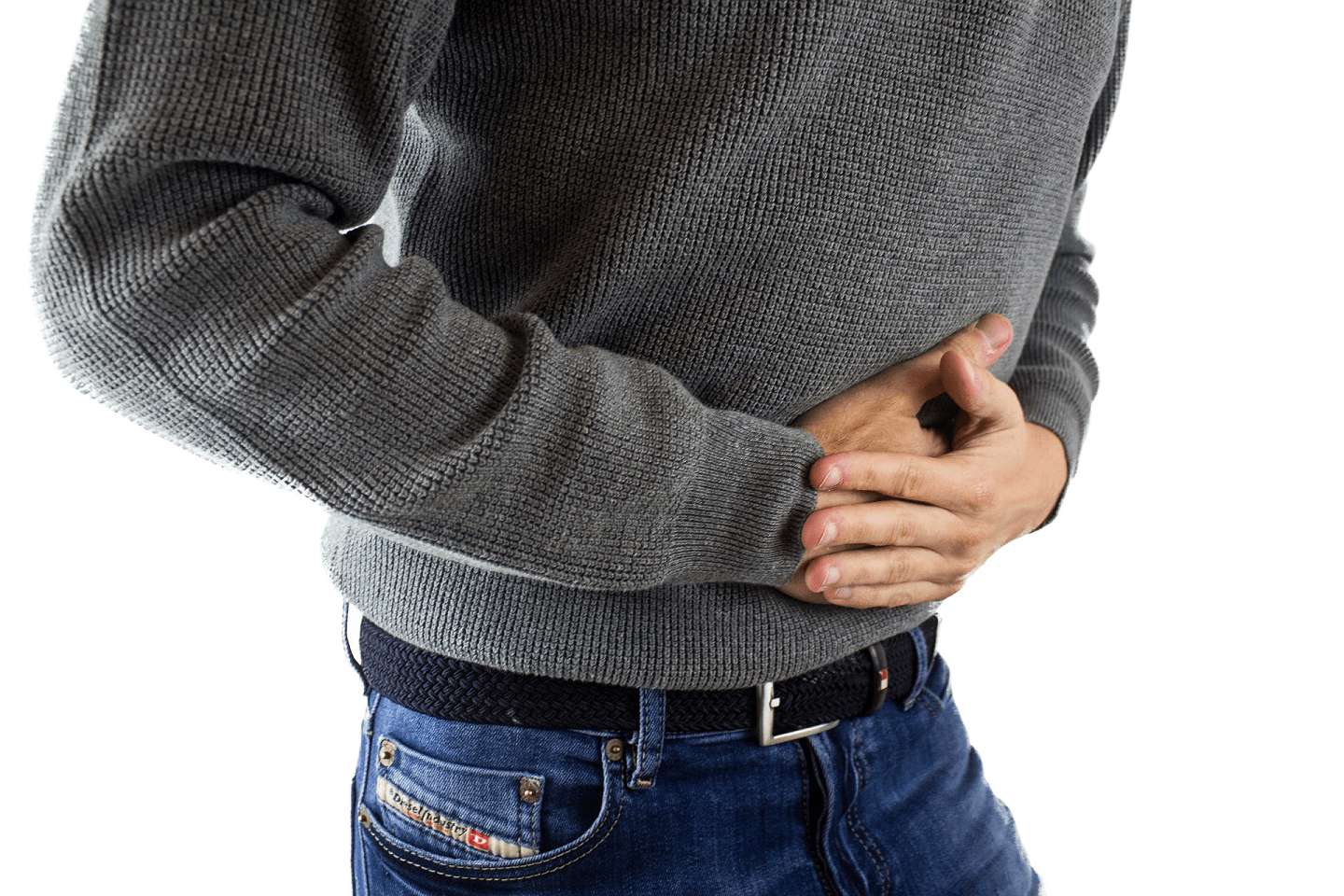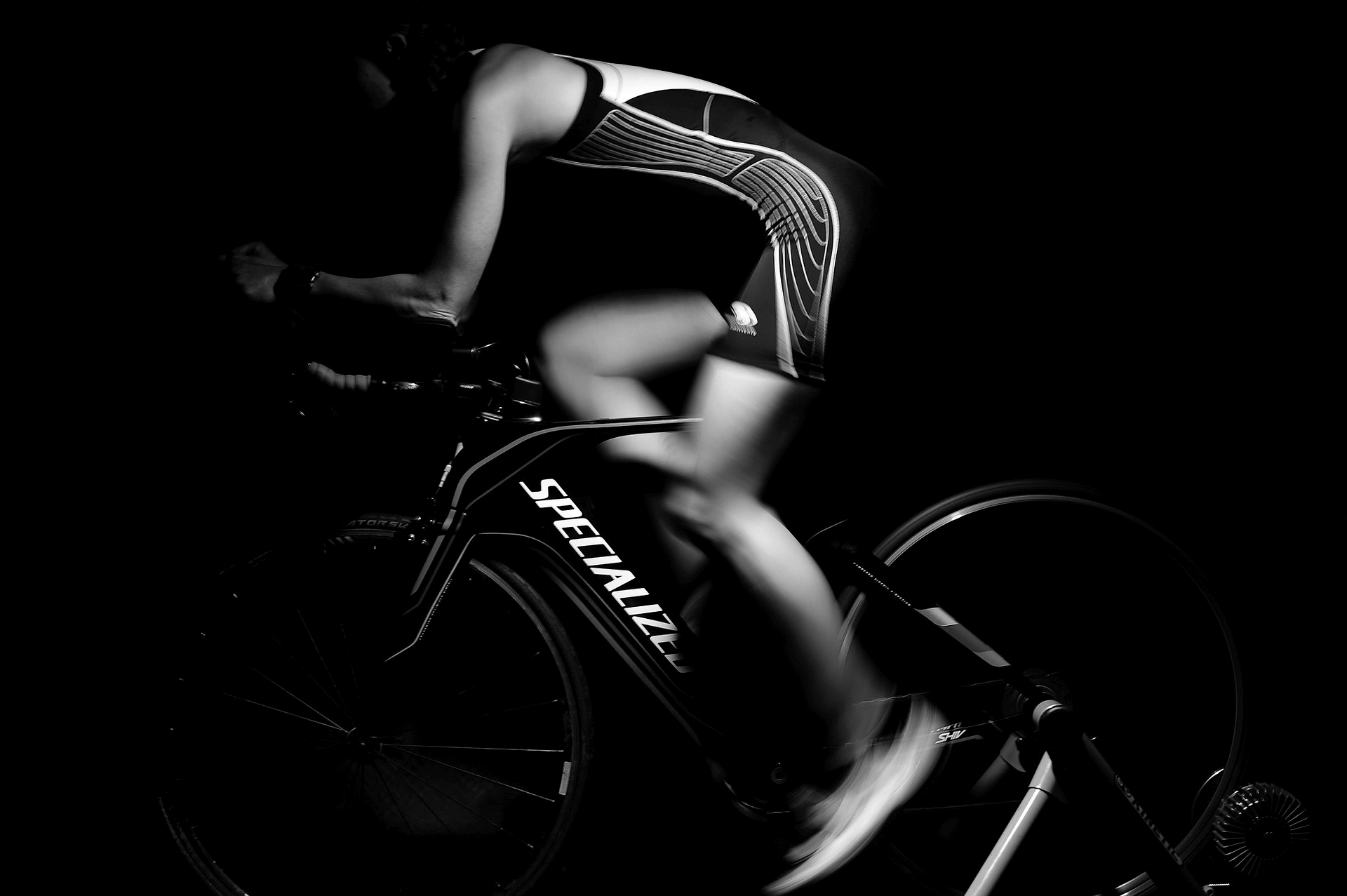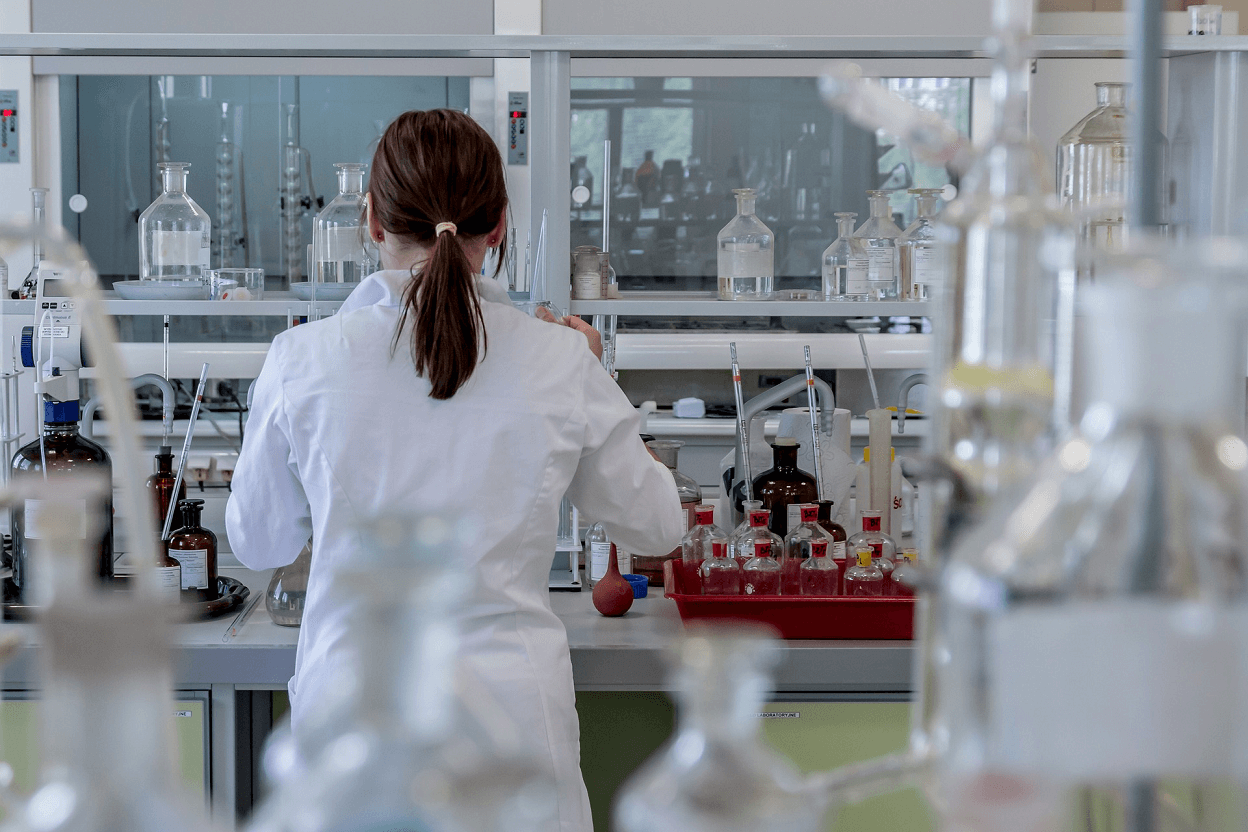The Scoop On Poop Doping

While some runners prefer to use tempo runs, hill repeats, and stair climbing to improve their performance, others will consider doing the unthinkable. And no, we’re not talking about taking illegal substances. We’re talking about tinkering with their – yes, you’ve guessed it – poo.
What is poop doping?
So what exactly is poop doping? According to the Fecal Transplant Foundation (yes, it actually exists!), a Fecal Microbiota Transplant (FMT) is “a procedure in which fecal matter, or stool, is collected from a tested donor, mixed with a saline or other solution, strained, and placed in a patient, by colonoscopy, endoscopy, sigmoidoscopy, or enema”. And while it may seem like an oddly unusual procedure, it is a vital step in preventing or treating a condition called Clostridium difficile colitis in individuals where good gut bacteria have been killed or suppressed by the extensive use of antibiotics. In such cases, bad bacteria, like C. difficile, takes over and causes often debilitating and sometimes even fatal diarrhea.

But that’s not the only use for FMTs. To date, it has also shown promising results in the treatment of conditions like irritable bowel syndrome, ulcerative colitis, and Crohn’s disease.
So what is the link between FMTs and athletic performance? It’s been known for a while that the gut microbes of elite athletes are different from that of the man on the street. Questions, therefore, arose regarding the potential impact of these “elite gut microbiota” on athletic performance. Could it be that the unique microbes found in the elite athlete’s gut actually boosts athletic performance? And, if so, what would the consequences be of transplanting elite fecal matter into an amateur athlete’s body? Enter the world of poop doping.
The guinea pig
Lauren Petersen, founder of the Athlete Microbiome Project, has first-hand experience in the effects of a fecal transplant from an elite athlete. After struggling with the debilitating effects of Lyme disease for more than a decade, Petersen found herself desperate for change. The ongoing use of antibiotics had left her gut in a dire state – a great cause for concern for this Ph.D. scientist. “I had no microbes to help me break down food, and I had picked up bugs in the lab where I was working because my system was so weak and susceptible,” she says.

In a desperate attempt to improve the condition of her gut and overall health, Petersen gave herself a fecal transplant from a competitive cyclist as she was wrapping up her Ph.D. degree. At the time, Petersen couldn’t find a doctor to help her with the procedure, since the FDA announced in 2013 that fecal matter was being classified as an Investigational New Drug (IND) and a Biologic. As a result, only physicians who were in possession of an approved IND application at that stage could continue performing FMTs. Which ultimately meant that only about 20 doctors in the US could keep performing the procedure. (This decision has since been reversed as a result of strong opposition from both patients and physicians. Subsequently, qualified physicians were allowed “to perform FMT for recurrent C. difficile only, with signed consents from patients and tested donor stool”.)
The results
And did the procedure benefit Petersen? According to her, yes it did. An avid cyclist herself, Petersen went from battling to complete two workouts per week to doing five. She also started competing in enduro racing, with podium finishes and even wins in the pro field coming her way within a few months of undergoing her FMT.
But was this pure coincidence? Would she have gotten the same results if her stool donor was a couch potato? Intrigued by her findings, Petersen was determined to learn more. In her capacity as a scientist, she started studying and comparing stool samples from both elite and amateur bike riders alike. And what she found, was astonishing.

A microorganism called Prevotella, which she also received in her own FMT, appears to be common in elite bike riders. “In my sampling, only half of cyclists have Prevotella, but top racers always have it… it’s not even in 10% of non-athletes,” Petersen says. And while a lot of research is still required on the subject, one of the functions of Prevotella is already known. It plays a vital role in the synthesizing of branch chain amino acids, which is an important part of muscle recovery. Go figure!
Another important archeon found in the stool of elite bikers is Methanobrevibacter smithii. This organism, which is less common in amateur bikers, basically helps to effectively convert food into fuel. Which is exactly what elites need to pull off those impressive finishing sprints.
And these are only two of the organisms that Petersen found to be closely associated with elite cyclists’ guts. An additional 120 species and 350 strains of microbes are still undergoing further investigation.
The risks and criticism
So while the FMT procedure seems simple enough, and Petersen’s results certainly are encouraging, she warns that the procedure is not without risk. “…you can’t choose your donor, and it’s a risky procedure. As with any transplant, your immune system could reject what you get. It’s not something you should take lightly. I did a lot of research, and I took a risk for sure”, she says. She also adds that she does not support “at home” fecal transplants, like the one she performed. She simply thinks that there is plenty of room for improvement of the available probiotic knowledge.
It’s also important to keep in mind that Petersen’s personal experience has not been proven scientifically. Professor of Microbiology, Jonathan Eysen, feels that it’s irresponsible to attribute Petersen’s newfound vigor to her FMT. “There is no way to show without a clinical study that [the FMT] changed her performance,” he says.
The way forward
So is poop doping the way of the future? “I think I can say with confidence that bacterial doping— call it poop doping, if you must— is coming soon”, Peterson predicts. But perhaps not in the form of an FMT. While potentially risky, non-illness-related FMTs are not currently widely performed, Petersen and her team are working on alternative ways in which pro-cyclist-derived microorganisms could potentially benefit both athletes and non-athletes. “If you get tested and you’re missing something, maybe in three years you’ll be able to get it through a pill instead of a fecal transplant,” she says.

Which, if you ask us, sounds like a much less traumatic option.
Sources
- , Is poop doping the next big thing?, Online publication
- , Is your gut microbiome the key to health and happiness?, Online publication
- , Move over, blood doping; cyclists might be ‘poop doping’ soon, Online publication
- , What is FMT?, Online publication
Latest Articles
 Is Running on a Treadmill Easier Than Running Outside?Runners have their own preferences, whether it is treadmill running, running outside on the road, or exploring trails. So...
Is Running on a Treadmill Easier Than Running Outside?Runners have their own preferences, whether it is treadmill running, running outside on the road, or exploring trails. So... Is It OK to Use Trail Running Shoes on the Road?While trail running shoes can be used on roads, especially in situations where a runner encounters mixed terrains or pref...
Is It OK to Use Trail Running Shoes on the Road?While trail running shoes can be used on roads, especially in situations where a runner encounters mixed terrains or pref... How to Fix Sore Quads After Running?Rest, ice, gentle stretching, and over-the-counter pain relievers can help soothe sore quads after running. Also, ensure ...
How to Fix Sore Quads After Running?Rest, ice, gentle stretching, and over-the-counter pain relievers can help soothe sore quads after running. Also, ensure ... 10 Fruits With The Most Electrolytes to Replace Sports DrinksThese fruits are high in electrolytes such as potassium, magnesium, and calcium, essential for hydration, muscle function...
10 Fruits With The Most Electrolytes to Replace Sports DrinksThese fruits are high in electrolytes such as potassium, magnesium, and calcium, essential for hydration, muscle function...

